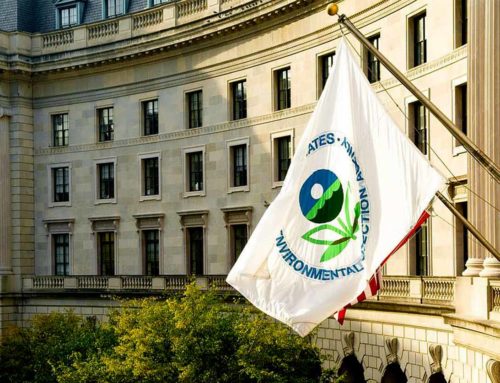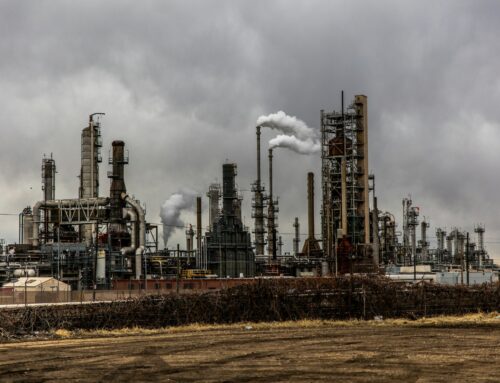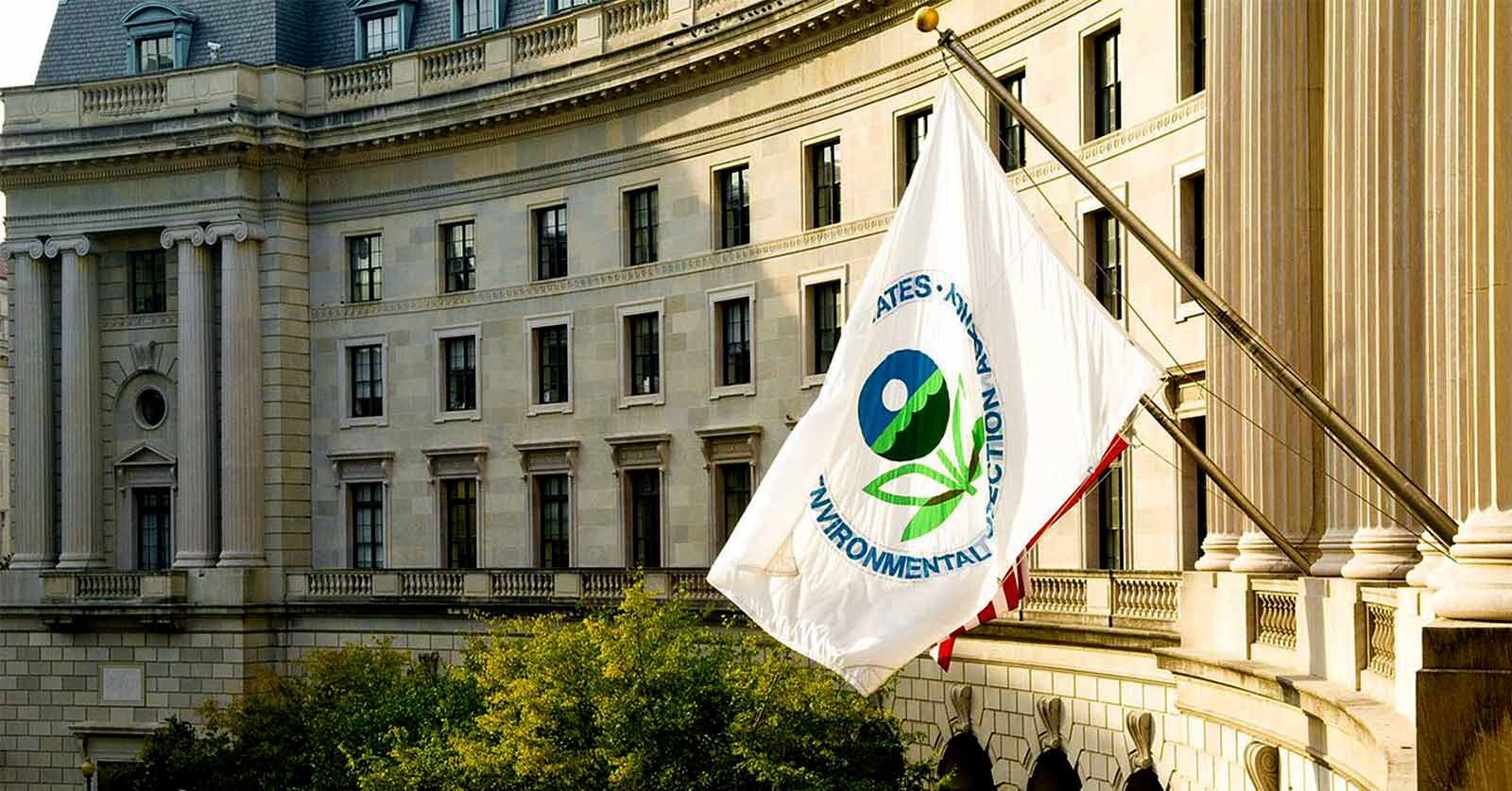On Thursday, June 9 the Energy and Mineral Resources Subcommittee of the House Natural Resources Committee held a legislative hearing on several bills related to federal management of coal mining and reclamation. The hearing highlighted multiple issues in the current federal coal program and how the bills could help address some of these problems. Below is a summary of the bills and discussion of taxpayer impacts.
H.R. 2073 (Rep. John Yarmuth), Appalachian Communities Health Emergency Act or the ACHE Act.
- Places restrictions and requirements on certain mining projects that use blasting with explosives in the steep slope regions of Kentucky, Tennessee, Virginia, and West Virginia until the Department of Health and Human Services (HHS) determines whether such projects pose risks to human health.
H.R. 2505 (Rep. Matt Cartwright), Coal Cleanup Taxpayer Protection Act.
- Prohibits self-bonding practices for coal reclamation and requires any existing self-bonds or corporate bonds utilized for coal reclamation to be converted to surety or collateral bonds.
- Establishes limits on bonding practices associated with surface coal mining operations and requirements for operators to provide sufficient financial resources to complete mine reclamation, including rules regarding:
- maximum quantity of corporate surety bonds issued by any 1 corporate surety as a percentage of total quantity of coal reclamation bonds in any 1 state
- minimum percentage of surety bonds unrelated to activities regulated pursuant to this Act required to reinsure corporate surety bonds
- minimum collateralization required:
- collateral real property may not include any coal related assets
- may require the inclusion of executive compensation, including salaries and bonuses of officers and executives, of an applicant under this section, and any affiliated company, as collateral for a bond
- minimum cash assets required to be held by a corporate surety as a percentage of bonds issued
- Existing surety bonds must be modified or replaced by no later than 1 year after the rules are issued.
- Bonds shall be re-evaluated every 3 years.
H.R. 4799 (Rep. Matt Cartwright), Coal Royalty Fairness and Communities Investment Act of 2021.
- Requires new leases to mine coal on federal land to have a royalty of at least 12.5 percent of the assessment value of coal produced from surface operations. “Assessment value” is defined as gross proceeds accruing to the lessee or the affiliate of the lessee’s first arm’s length contract for the sale of federal coal.
- Subsurface coal royalty can be lower.
- Assessment value imputed from coal price index if DOI can’t identify any arm’s length contract for sale of federal coal.
- Coal price index is the schedule of average market prices of Federal coal at final sale, based on the quality and type of the Federal coal, as determined by the Secretary, in consultation with EIA.
- Establishes a Coal Area Economic Revitalization Fund and funnels $75 million of coal royalty receipts to it every fiscal year:
- $70 million for grant assistance for economic and workforce development assistance programs
- $5 million to provide funding for large-scale projects to capture and store carbon dioxide emissions from industrial sources
H.R. 7283 (Rep. Matt Cartwright), Safeguarding Treatment for the Restoration of Ecosystems from Abandoned Mines Act or the STREAM Act.
- Allows the $11.293 billion appropriated to the Abandoned Mine Reclamation Fund by the Bipartisan Infrastructure Law (BIL, P.L. 117-58) to be used for acid mine drainage abatement and treatment.
H.R. 7937 (Rep. Conor Lamb), Revitalize, Enhance, and Nurture in Expanded Ways Our Abandoned Mine Lands Act or the RENEW our Abandoned Mine Lands Act.
- Authorizes $385 million for each of FY2023-FY2032 for OSMRE coal mine reclamation program.
- Includes additional requirement for grants like sufficient bonding requirements, minimum wage, etc.
Two of the bills in particular – H.R. 2505, Coal Cleanup Taxpayer Protection Act and H.R. 4799, Coal Royalty Fairness and Communities Investment Act of 2021 – would help protect taxpayers from increased costs and liabilities passed on from coal companies and move towards a fair return for the resources we all own.
The Surface Mining Control and Reclamation Act of 1977 (SMCRA) requires coal mining operators to restore all land affected by their operations and to post a bond to cover reclamation costs if they fail to restore the land. However, the law also allows coal operators to qualify for something called “self-bonding,” without putting down any collateral or third-party guarantee.
With many coal companies financially stressed, the practice of self-bonding fails to protect taxpayers in the event of a bankruptcy. H.R. 2505 would prohibit the practice of self-bonding and impose rules on surety and collateral bonds that would increase industry accountability and minimize taxpayer liability.
The Bipartisan Infrastructure Law (P.L. 117-58) appropriated $11.3 billion for abandoned coal mine reclamation, making taxpayers pay because coal companies did not put down money to clean up what they left behind. When explaining his proposal (H.R 2505), Rep. Matt Cartwright noted “…there’s less than full accounting going on—this is cooking the books, this is fudging the numbers when we don’t account for what the cleanup costs are. You can talk about how profitable operations are, but part of that profit should be taken and put toward cleanup of what they leave behind.”
Without meaningful reform of the current coal bonding system, taxpayers will forever be on the hook for future cleanups. Ms. Erin Savage, Senior Program Manager of Appalachian Voices testified that, according to estimates by her organization, the true outstanding cost of reclaiming mines currently held by coal companies in seven Eastern states is between $7.5 and $9.8 billion, but total bonds held for that cleanup only amount to $3.4 billion.
H.R. 4799, meanwhile, would establish a royalty for new federal coal leases of no less than 12.5 percent of the assessment value of surface coal produced. The bill would essentially make the 2016 Office of Natural Resource Revenue (ONRR) coal valuation rule a law, and thus less susceptible to change in priorities of different Administrations. (Read more on the Trump Administration’s attempt to rewrite the 2016 ONNR rule and recent actions to reverse it.)
There are many systemic issues with the federal coal program ranging from the leasing process to valuation, royalty collection and royalty relief, bonding, and more. The coal reform bills discussed at this hearing are an important step towards achieving much needed reforms. Urgent action is needed to protect taxpayers from shouldering financial and environmental liabilities created by coal companies.














Get Social